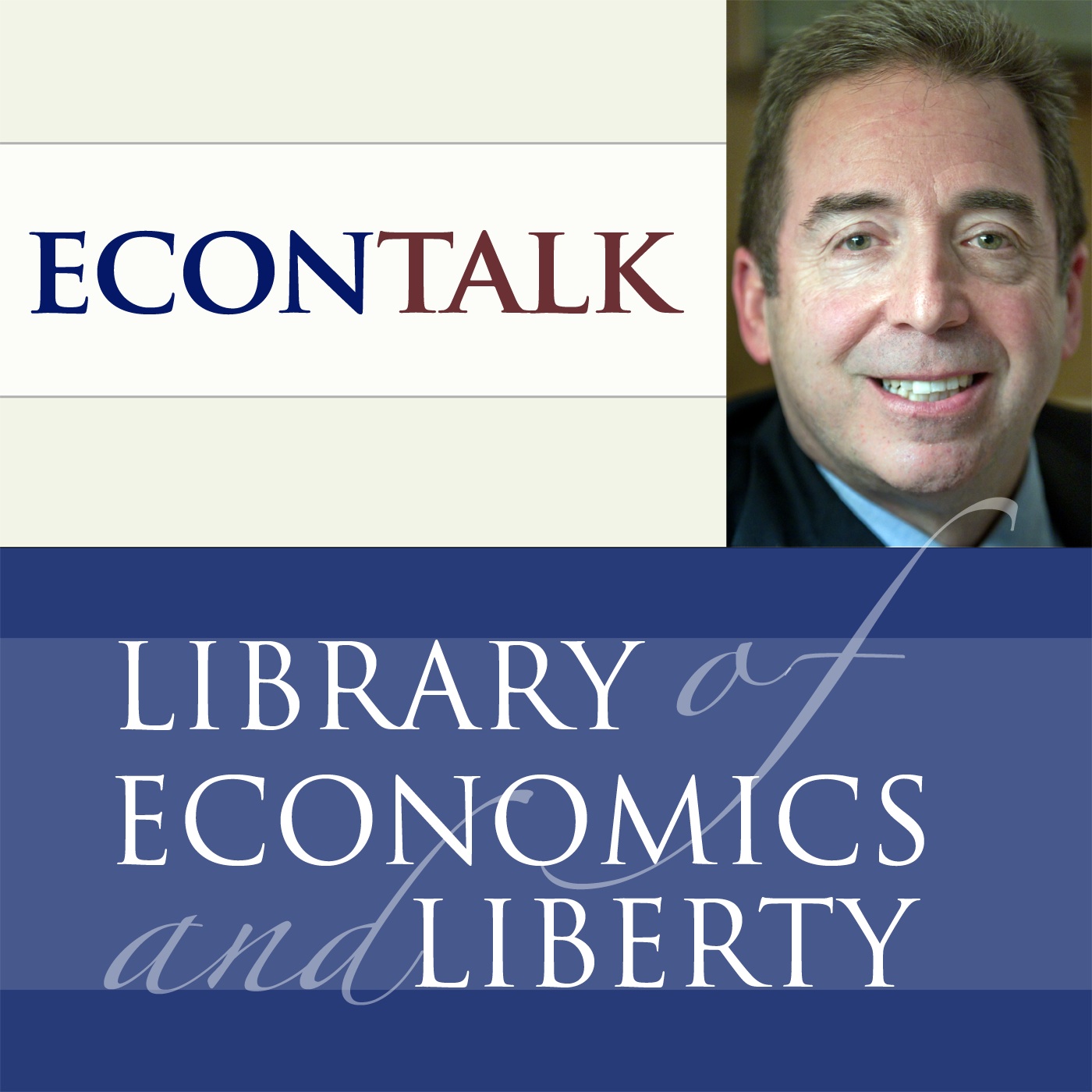Most people don't understand probabilities. They think that if a probability of success is high, that means they can benefit from it indefinitely. A stock trader, for example, might look at the probably of making a large return, and risk everything on it, over and over again.
In reality, however, if there is a smallest chance of an absorbing barrier, an event in which your lose everything, then it is just a matter of time until that even happens, and you will lose everything.
Figure out what you expect to make, and how you would survive if you cannot make it.
Be diligent about only playing with the house money. Start with a small bet, and if you lose, place an even smaller bet. When you win, take the winning money, and use that to continue playing.
Mental accounting is a behavioral economics term which states that treating money according to its source is irrational. Money you win and the money you have is all the same money.
However, if you treat the world as a series of bets on the condition of survival, then mental accounting is not just ration, but a necessity!
If something is safe, but has a low probability of risk, then do it often enough and the risk factor rises.
For example, if you smoke one time, it's not a big deal. But if you do it one time and like it, then you are likely to do it over and over again, in which case the risk of various diseases goes up significantly.
Likewise, if you cross the street unlawfully or without regard for approaching traffic one time, you are probably safe. If you do your whole life, you are still relatively safe. But the whole world were to jaywalk all the time, we would be in a grave danger.
Too many constraints, and besides, you are playing knowing the game is designed for you to lose.
Religion enables people to convey a certain behavior throughout generations, it promotes survival for the people who have it. Religion was the original "skin in the game," that required people to do something in their life to show their worth.
What people do is more meaningful than what people say.
"The pope talks like a religious person, but he acts like an atheist because he doesn't just rely on prayer. He actually goes to a doctor."
~ @EconTalker (Russ Roberts)
While his adversaries were implying that losing money was a negative trait, Trump's supporters saw it as a positive. At least his was doing something, while others did nothing.
It depends on the probabilistic outcomes and the value of one's output to our society.
For example, on one hand, we should not fail doctors who have made a mistake because we need good doctors to keep doing their job, mostly well. On the other hand, if a doctor is making mistakes over and over again, we should stop them from hurting people.
At the same time, if a restaurant in the neighborhood is failing because of low quality, we should let them fail and let a better restaurant take its place. The downside of letting a restaurant fail is much less than that of a doctor.
